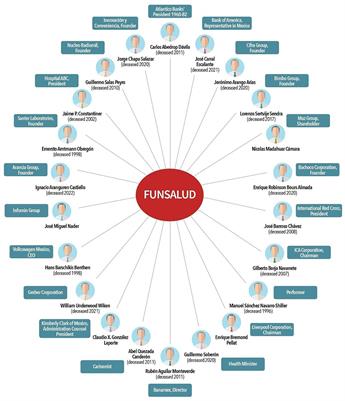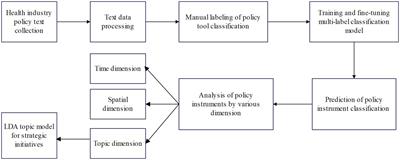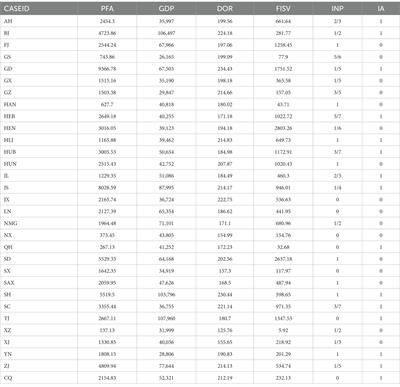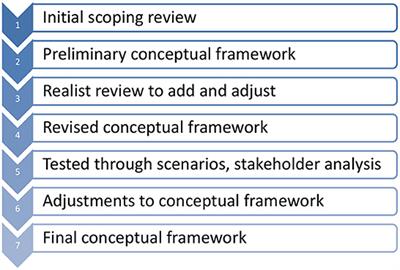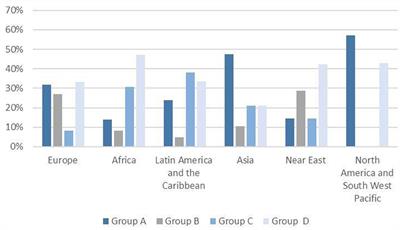PERSPECTIVE
Published on 12 Dec 2024
The pharmaceutical suitcase trade and the need for multisectoral regulation-unproven COVID-19 (Ivermectin and HCQ remedies unmask an insidious health danger in a Caribbean Island)
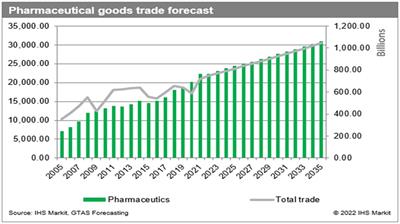
doi 10.3389/fpubh.2024.1353516
- 469 views
